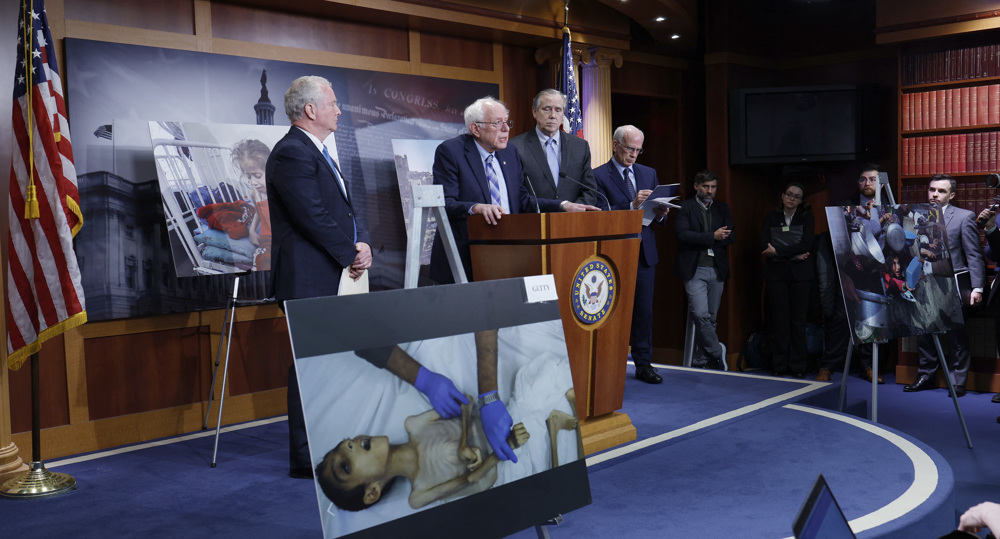US, China agreement on climate is 'turning point' for planet: Obama
The United States and China have formally joined the Paris climate change agreement, with President Barack Obama describing the accord as a “turning point” to save the planet.
Speaking on Saturday, ahead of the G20 Summit at the West Lake State Guest House in Hangzhou, China, Obama confirmed the long-anticipated move, which is the result of weeks of intense negotiations by officials from the world's two biggest polluters.
“Just as I believe the Paris agreement will ultimately prove to be a turning point for our planet, I believe that history will judge today’s efforts as pivotal,” said Obama.
Obama and his Chinese President Xi Jinping handed ratification documents to United Nations Secretary General Ban Ki-moon.

“Where there is a will and there is a vision and where countries like China and the United States are prepared to show leadership and to lead by example, it is possible for us to create a world that is more secure, more prosperous and more free than the one that was left for us,” Obama said.
He said the Paris agreement alone will not solve the climate crisis, but it establishes an enduring framework that enables countries to ratchet down their carbon emissions over time.
Earlier, President Xi promised to “unwaveringly pursue sustainable development.”
“Our response to climate change bears on the future of our people and the well-being of mankind,” Xi said.
"Hopefully this will encourage other countries to take similar efforts," he said in Hangzhou, where he is set to host the G20 Summit.

UN chief Ban expressed hope that the climate deal will go into force by the end of this year. "I am optimistic we can do it before the end of this year."
In December last year, world negotiators adopted the Paris agreement aimed at limiting global temperatures to less than 2C over the next few decades, after two weeks of high-level talks in the French capital, Paris.
Leaders and ministers from nearly 200 countries formally accepted the final draft of the climate deal reached at the World Climate Change Conference 2015 (COP21).

The pact seeks to halt average warming at no more than 2 degrees Celsius (3.6 degrees Fahrenheit) above pre-industrial temperatures by 2050. It also sets out a goal of reaching a limit of 1.5 degrees Celsius, if possible.
The adopted text, which seeks to curb emissions as soon as possible, acknowledges that the risks of climate change are much more serious than previously thought. The deal is to take effect in 2020.
VIDEO | Former FBI agent criticizes US Congress for 'outright corruption'
IRGC chief urges Muslim countries to cut aid routes to Israel
'New chapter in cooperation': Iran, Venezuela sign new MoUs
Jordan sentences former lawmaker for supporting Palestinian resistance
Basij volunteer forces hold massive drills in southwestern Iran
Israeli war criminals 'not welcome', US city says after ICC ruling
US vetoing of Gaza ceasefire resolution ‘disgraceful’: Iran’s UN envoy
VIDEO | IAEA adopts anti-Iran resolution tabled by E3









 This makes it easy to access the Press TV website
This makes it easy to access the Press TV website